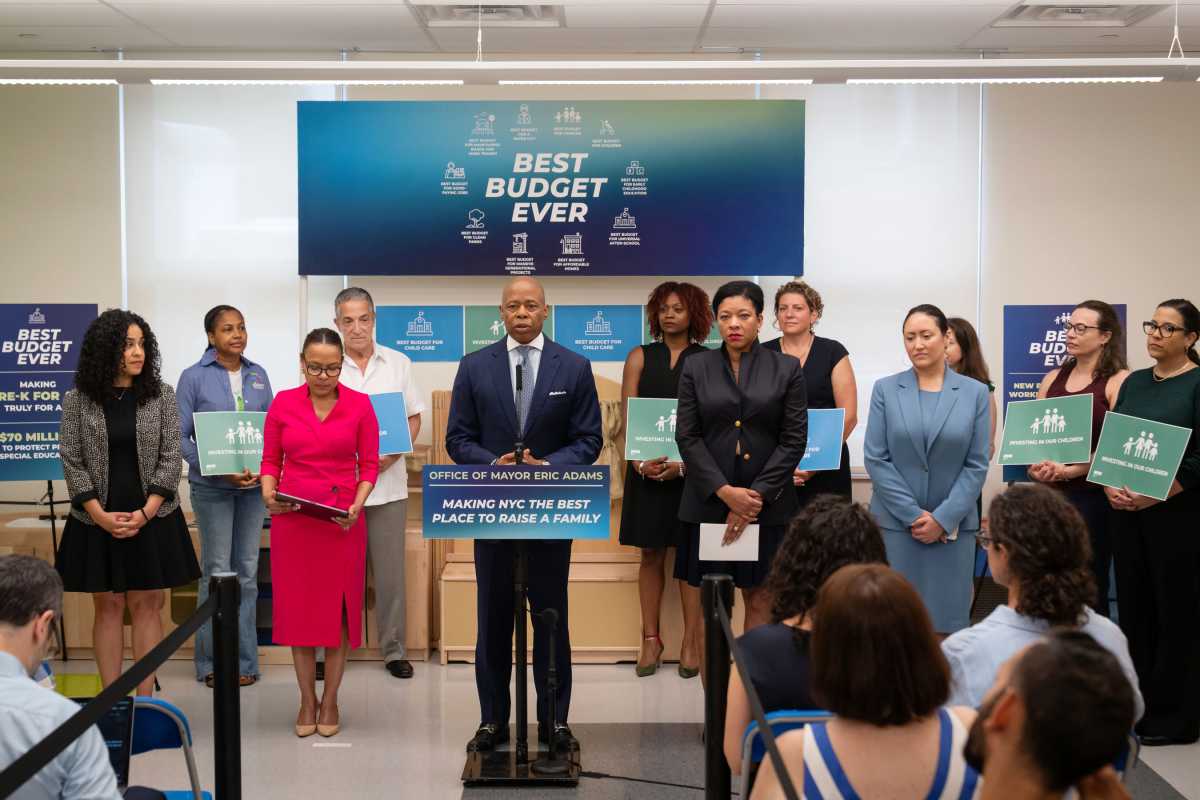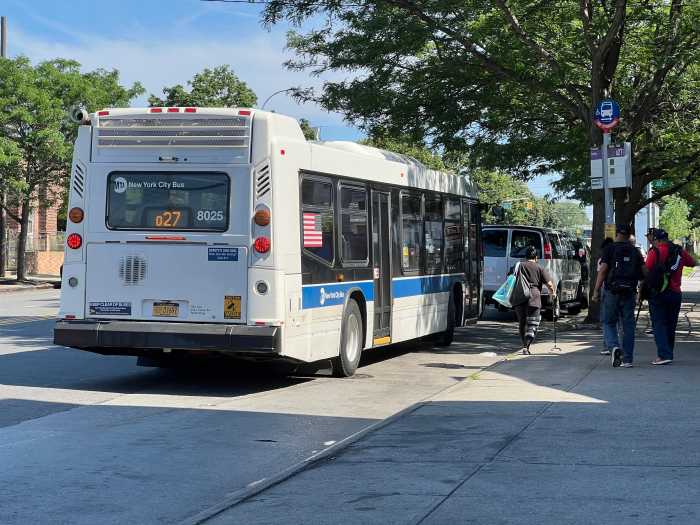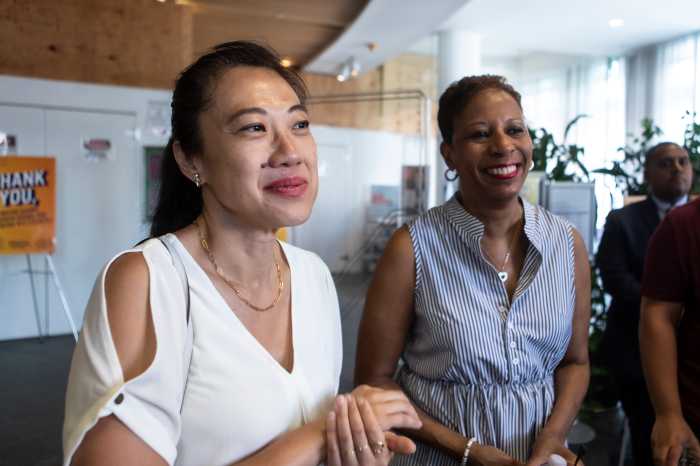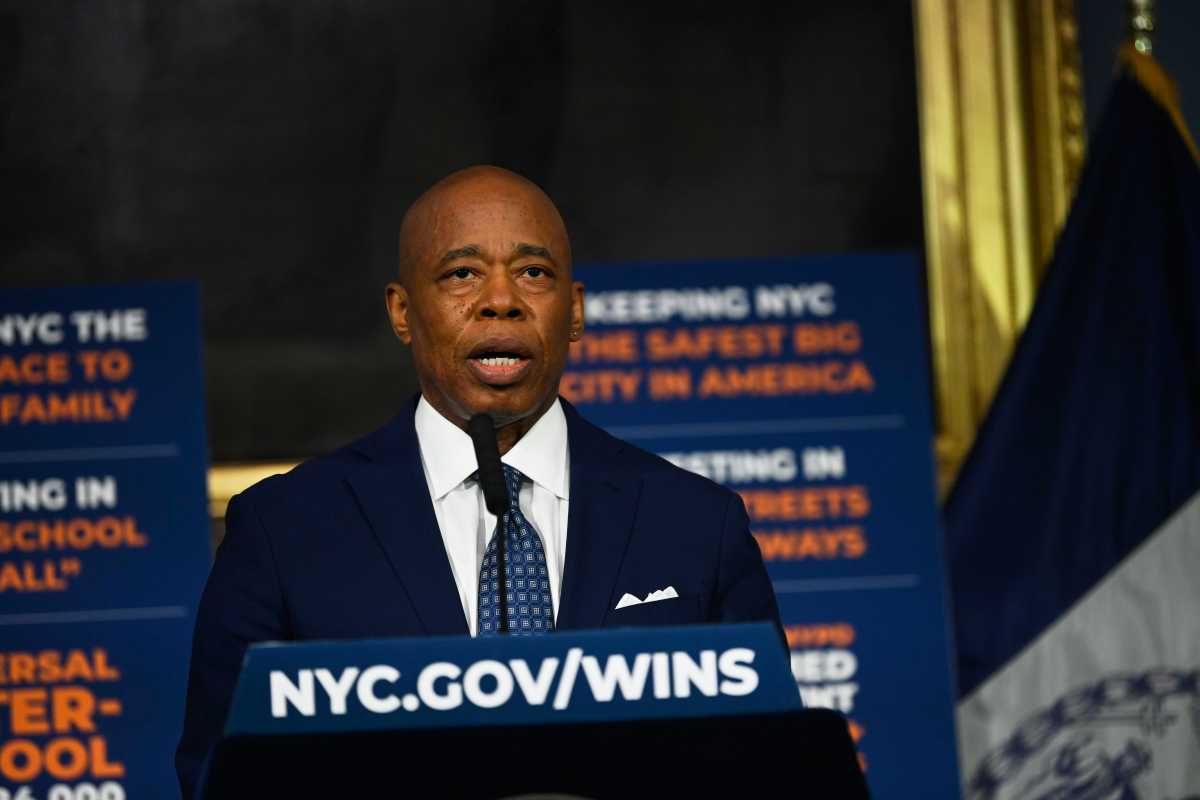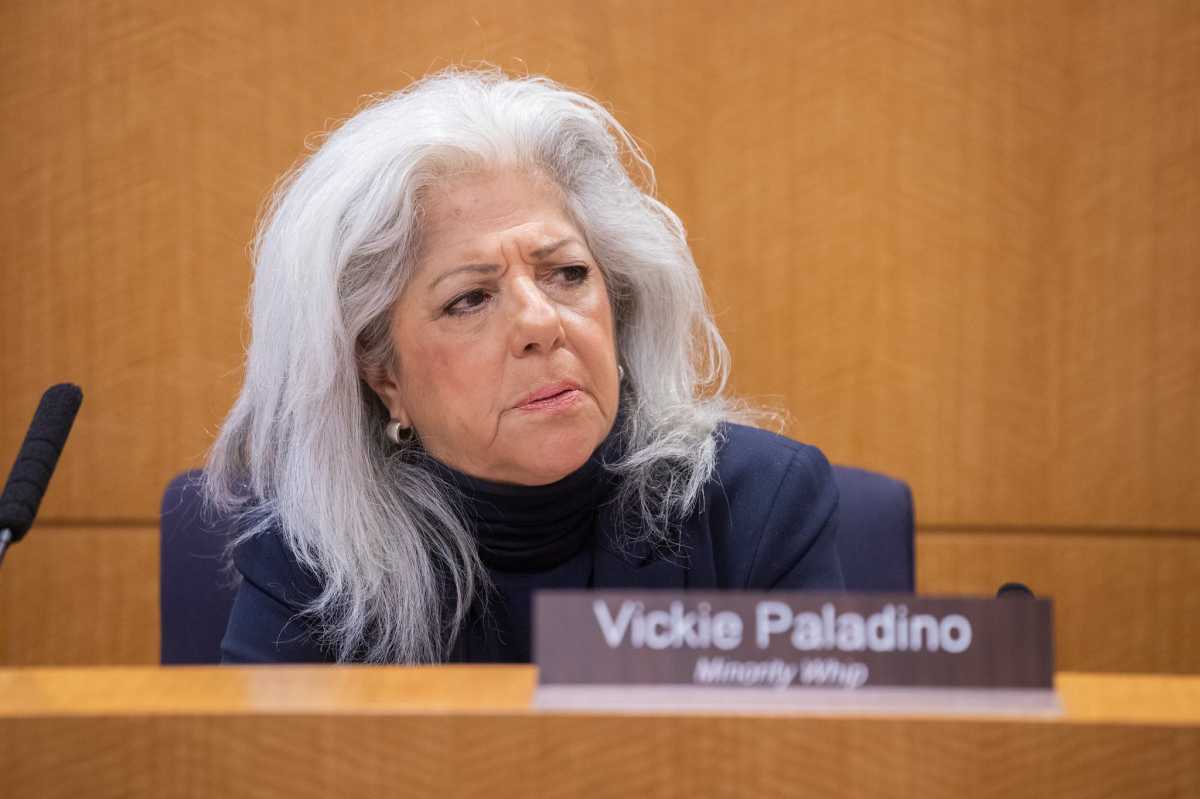Apparently the report of the printed word’s death was an exaggeration.
Pundits love to remind their audiences that nobody under 40 picks up a daily paper.
Or, as some Generation Y members have said, if the news is important enough, it will find them. Presumably via Facebook, Twitter, Instagram and the seemingly endless array of social media sites.
These millennials—those individuals born after Ronald Reagan was sworn in as the 40th president— rarely read a printed book, opting instead to peruse the latest best-sellers on their devices.
So it may come as a surprise to some that the recent announcement about closing Austin Street’s Barnes & Noble store has mobilized book lovers well beyond Forest Hills.
Within days, a petition to keep the site open past the January 2016 deadline, addressed to the bookseller’s landlord, Muss Development, hit the Internet.
So far, about 5,300 people have electronically signed on to support the store.
The petition includes such lines as, “multi-generational patrons have the opportunity to explore various genres under one roof, feel as if they are traveling around the world and through time, and interact with the physical nature of books.”
OK, maybe it’s a tad bit over-the-top in the purple prose department.But it points out how important a brick-and-mortar location—even a big, bad national chain—remains in today’s mobile landscape.
Barnes & Noble, The Strand, Shakespeare & Co. et al represent so much more than a place to pick up the latest James Patterson or Janet Evanovich novel.
A real, honest-to-God bookstore stands in for the village square in 21st century America.
Yes, the Internet offers ample opportunities to exchange ideas—albeit mostly anonymous name calling—but a bookstore enables face-to-face interaction with other readers, authors and the written word.
Storytimes for families and young children still bring new readers into the fold. These are just like the wonderful programs offered at Queens Library branches throughout the borough. But libraries —funded by the government—are limited to how many of these they can schedule.
Barnes & Noble patrons also have the chance to meet and discuss works with the authors at book signings scheduled throughout the year.
Book events also allow individuals to interact with others who share their tastes in literature.
In that way, the shop becomes more than a place to buy things. It becomes a spot where communities gather.

